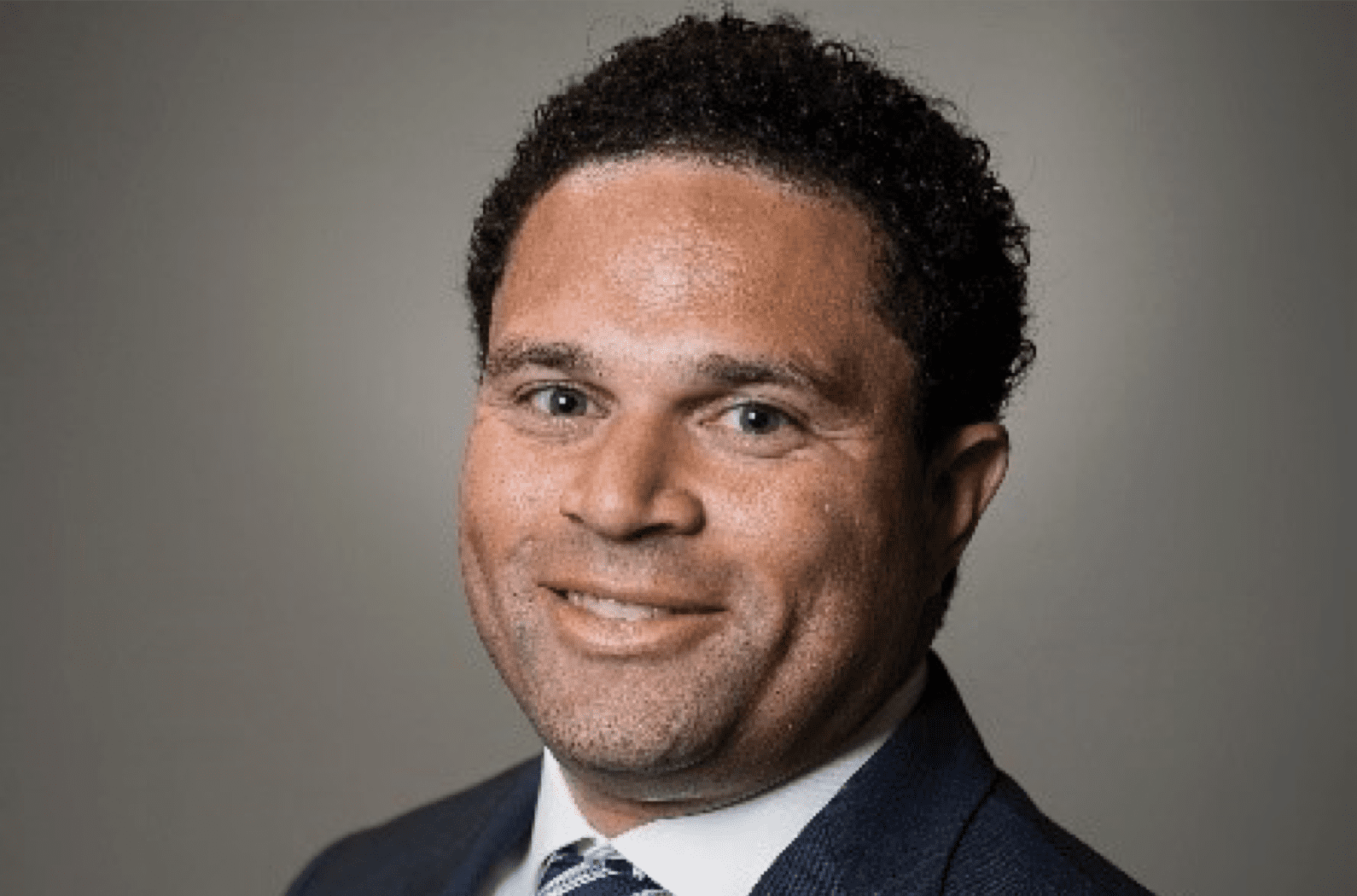Launching a business always comes with its own challenges and when Protecdiv launched in 2020 it had no idea a global pandemic was on the horizon. In this blog CEO and Founder Kael Coleman discusses the businesses approach to supplier diversity, gives an update on the company over the past two years, and takes a look at 2022 goals.
Since Protecdiv launched in January 2020 as the first tier-one, minority-led insurance and reinsurance broker in the US, we have been seeking to satisfy a proven demand from both corporate insurance buyers and the underwriting community for greater supplier diversity in mission-critical professional service areas.
The overarching aim of the business has been to improve society through insurance. By aligning ourselves with industry sectors and businesses who share a similar vision and mission to ours, we are increasing dialogue in the (re)insurance industry around supplier diversity, and helping organisations who want to take action on diversity but are perhaps still working out the best way to do it.
What does supplier diversity mean to Protecdiv?
Our approach to improving supplier diversity focuses on two areas. Firstly, ensuring that the senior management of companies are engaged in what we’re doing – because diversity goals typically sit at the C-suite level. And secondly, addressing the need to deliver something ‘better’ to the people on the ground – whether they be corporate risk managers, or insurance carriers’ ceded re departments.
When seeking out people with specific expertise to help build our enterprise, we’re also looking for kindred spirits. We believe our core values resonate with a certain kind of person, to whom the prospect of joining a relatively new challenger broker is viewed as an opportunity to put shared values into practice.
The story so far
Amid the disruption created by further consolidation in the broker market, the biggest differentiator for challenger brokers has remained the level of attention that we can give to clients. The market is starting to recognize that challenger brokers can do much of what the big brokers already do, but more nimbly and creatively. A key part of that is having the right team of people, and we are therefore looking to make around 20 hires by the middle of next year, two thirds of which will be for broker roles.
While winning business over the past two years has been slower than we hoped, due in no small part to the impact of the Covid pandemic, the response from our target clients has nonetheless been as we had hoped. We are proud to report that we currently work with four Fortune 500 clients – AIG / Glatfelter, DT Midstream, Everest Re, and Sompo – and are in process of closing our fifth.
What next?
Our focus over the year ahead, both in terms of recruitment and business development, will be to expand our mortgage and property reinsurance books, with a view to becoming the number one reinsurance broker for, respectively, affordable housing and lower income lending, and vulnerable population risk.
At the same time, we are engaging with insurance clients in sectors with significant supplier diversity goals – specifically colleges and universities, public entities, automotive, construction, and energy firms, and financial services. In the education space, we are aiming to become the number one broker for historically black colleges and university (HBCUs) and community colleges. And for public entities, the goal is to be the number one minority business enterprise (MBE) broker for public supplier diversity requirements.
The next stage of our development is to become a top 50 broker, with around $50 million in annual revenue. But aside from the revenue targets, our growth ambitions are also about creating a big enough platform for our vision and ideals that we can start to lead the national conversation about the intersection of risk, equity, and opportunity.
Insurance is wide open for change. And as the first minority-owned business focused on large commercial insurance and reinsurance, Protecdiv’s success will have an outsized effect on supplier diversity – not only within our industry but with anyone who engages with the insurance sector.

